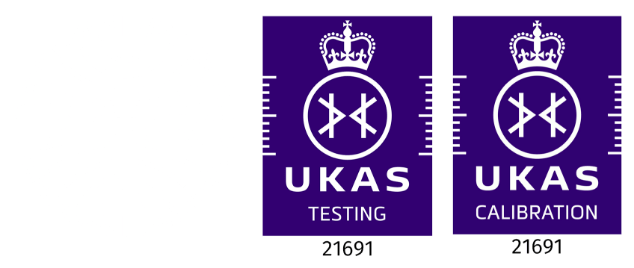Professional weather stations are advanced meteorological instruments used to monitor and collect data on various atmospheric conditions and weather parameters. These stations are typically employed by meteorologists, researchers, environmental agencies, agriculture, aviation, and other industries where accurate weather information is crucial.
Uses of Professional Weather Stations
- Meteorological Research: Professional weather stations are essential tools for meteorologists and climate scientists. They provide real-time data on temperature, humidity, wind speed and direction, atmospheric pressure, and precipitation, which is used to study weather patterns, climate change, and atmospheric phenomena.
- Agriculture: Farmers and agricultural researchers rely on weather stations to make informed decisions about planting, irrigation, and harvesting. Accurate weather data helps optimize crop yields, reduce water usage, and protect against adverse weather conditions.
- Aviation: Weather stations at airports and aviation facilities provide critical information for flight planning, takeoffs, and landings. Data on wind speed, visibility, and temperature are crucial for ensuring safe air travel.
- Marine and Coastal Operations: Weather stations are used in maritime applications to monitor sea conditions, wind, and atmospheric pressure. This information is vital for the safety of ships and offshore operations.
- Environmental Monitoring: Professional weather stations are used to assess environmental conditions in various ecosystems. They help track climate-related changes, monitor air quality, and predict natural disasters such as wildfires, hurricanes, and floods.
- Energy Sector: Weather stations are employed in the energy industry to optimize the operation of renewable energy sources like wind turbines and solar panels. Accurate weather data assists in predicting energy production and managing grid stability.
- Construction and Engineering: Weather stations play a role in construction and engineering projects by providing data on weather conditions that can affect construction schedules, safety, and quality control.
- Emergency Services: Firefighters, emergency responders, and disaster management agencies rely on weather stations to monitor conditions during wildfires, hurricanes, and other emergencies. This data helps them plan and execute rescue and relief efforts.
- Sports and Recreation: Weather stations are used in sports like sailing, skiing, and mountaineering to provide real-time information about wind, temperature, and precipitation, ensuring the safety of participants.
- Smart Home Systems: Some homeowners install weather stations as part of their smart home systems. These stations provide localized weather data for personal use, including weather forecasts and home automation triggers based on weather conditions.
- Education: Weather stations are valuable tools in educational settings, helping students learn about meteorology, climate, and environmental science. They provide hands-on experience in collecting and analyzing weather data.
- Government and Public Agencies: National meteorological agencies use professional weather stations to monitor and forecast weather conditions for public safety, disaster preparedness, and policy decisions.
- Scientific Research: Weather stations are deployed in various scientific experiments and studies, such as atmospheric research, air quality monitoring, and climate change investigations.
[siteorigin_widget class=”phoen_category_wpb_widget”][/siteorigin_widget]



